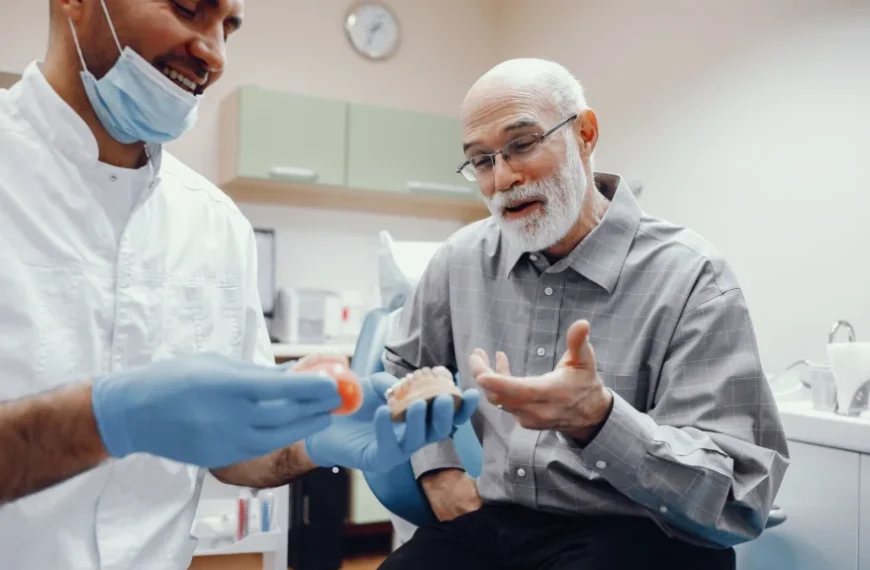No matter what sort of addiction you’re suffering from, going through the recovery phase is never easy.
There are different forms of addiction recovery therapy, but most counsellors recommend incorporating meditation to ensure that the patient recovers both physically and mentally.
Irrespective of how your treatment regime looks, meditating every day can significantly make you feel much better. Want to know the healing power of meditation in addiction recovery? Then, let’s keep reading!
1. You Find Inner Harmony
When you start practising meditation, it can be difficult to find any sort of peace, let alone inner harmony. But as you keep practising, you’ll slowly realise that you can tune in with yourself and relax all your thoughts.
It’s not easy, but constant practice and determination will help you find inner harmony, and this inner harmony will help you heal faster. As a result, you can find inner peace and control the rush of negative thoughts that may enter your mind.
Most people suffering from addiction and substance abuse often have difficulties in controlling painful memories and addiction-fueled reactions.
If you meditate every day, you will realise that you can gradually let go of all the negativity that may prompt you to start using again.
2. Your Focus Improves
Remember, the road to successful addiction recovery is rocky, and there will be times when you’ll want to relapse.
To make sure you don’t go down the same negative road again, you need to focus on getting better and staying away from triggers that might urge you to start using again.
Meditation helps you improve your focus by showing you how to concentrate on your breathing techniques and clear your mind.
For example, if you join a luxury Malibu recovery center, they’ll conduct special meditation classes for patients undergoing addiction recovery.
The classes show you how to keep your mind on track. With gradual meditation, there are structural changes to your brain that promote cognitive functions and overall well-being.
3. You Can Reduce Stress
Another major advantage of daily meditation is its ability to reduce stress. In August 2024, 31% of globally surveyed adults cited that stress was the greatest health concern in their nation.
Most people start using harmful substances, whether alcohol or other drugs, to cope with personal or professional stress. Before long, this coping mechanism turns into an addiction.
If you feel that you’ll be able to start your recovery journey without checking yourself into a rehab centre, then starting with meditation is the best step.
Even 30 minutes of meditation in the morning after waking up can significantly lower your stress hormones like cortisol and epinephrine.
This will not only help you feel more tranquil but will also make you see the importance of being in the moment.
On a mental level, meditation helps cure addiction by letting you observe your own thoughts.
4. You Connect Spiritually
There are different forms of meditation, and many people turn to spiritual meditation to find a higher purpose or calling in life.
For patients who have started taking drugs or alcohol because they feel that nothing is worth experiencing anymore, spiritual meditation can be a great way for them to look at life from a completely different perspective.
Spiritual meditation is all about understanding and connecting with a higher power. This can be God, the Universe, or even a better version of yourself. This form of meditation shows you that life can be so much better and that you can let go of the past and start afresh.
Many people also use scented oils like sage or frankincense to uplift themselves and truly connect with a higher power.
5. You Feel Less Tired
Let’s be honest: going through addiction recovery is extremely difficult and can take a heavy toll on your mental health.
Even if you’re attending recovery classes from home, you’ll be expected to take medication, attend workshops and support group sessions, and stay away from all sorts of triggers.
All this can make you feel constantly tired, which is why meditation is a great way to keep fatigue at bay.
Being overly tired and irritated are two of the most common symptoms that people face when they go through addiction recovery programs. Constant mood swings also lead to extreme tiredness.
If you practice meditation, you can control your fatigue and instead feel energized. Your triggers and mood swings will also subside with time.
6. Your Physical Health Improves
Substance abuse can deeply impair your physical health, especially if you’ve been using them for a long time. For example, alcohol addiction can cause liver problems, and drugs can cause long-term kidney and heart issues.
Even though medication can help you get back on track, your physical health will still need to be monitored from time to time.
Meditation not only improves your mental well-being but also your physical health. It’s even known that regular meditation can reduce blood pressure and anxiety levels and promote the release of feel-good hormones like dopamine.
In fact, meditation helps you feel great about yourself without harming your body. In many cases, meditation has also shown pain management improvement in addiction patients.
7. You Can Incorporate It Into Your Routine
Even though it can be difficult to get up in the morning and meditate every day, enough practice and perseverance will make you realize that adding meditation to your routine can make your entire day feel so much better.
When you start the morning with meditation, you feel fresh, happy, and confident. These positive thoughts stay with you throughout the day, helping you recover faster. And if you add physical activities like pursuing hobbies, your mood will keep getting better.
Once you sign up for a yoga or meditation class, your guide will start with basic breathing and concentration exercises and move on to related activities like yoga and mindfulness.
Meditation can greatly complement your treatment regime by providing purpose and structure.
Conclusion
If you’re planning to enrol in a rehab centre, ask the authorities if they can sign you up for a meditation class along with the treatment program and accelerate your journey. So don’t wait anymore, and start practicing today!






